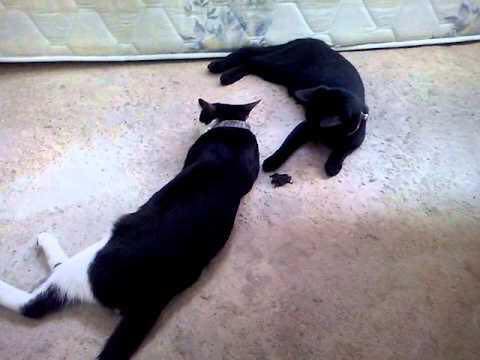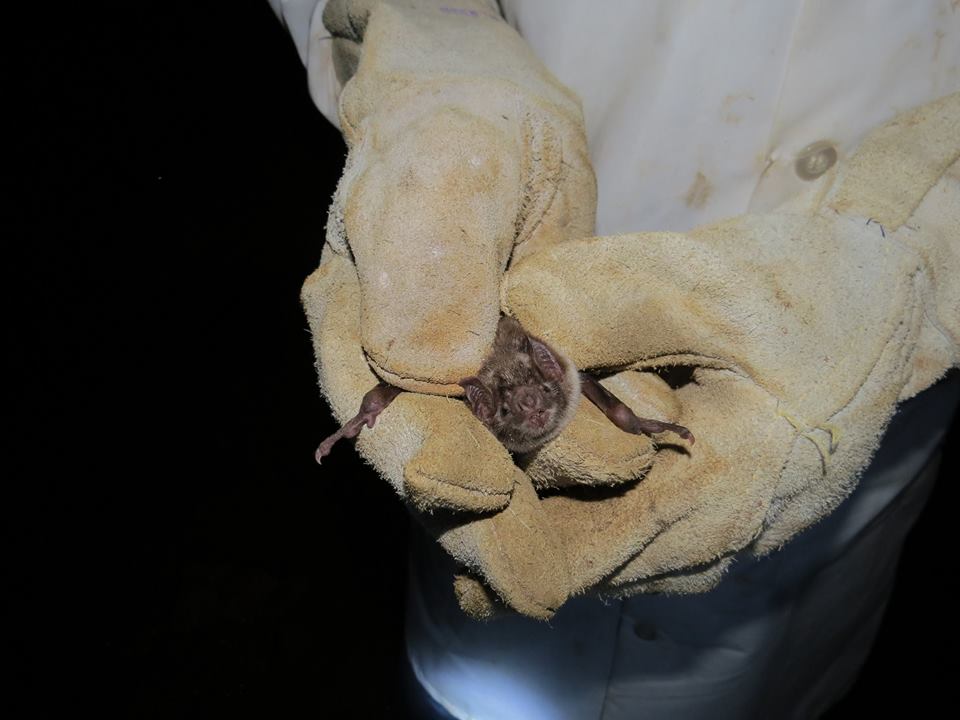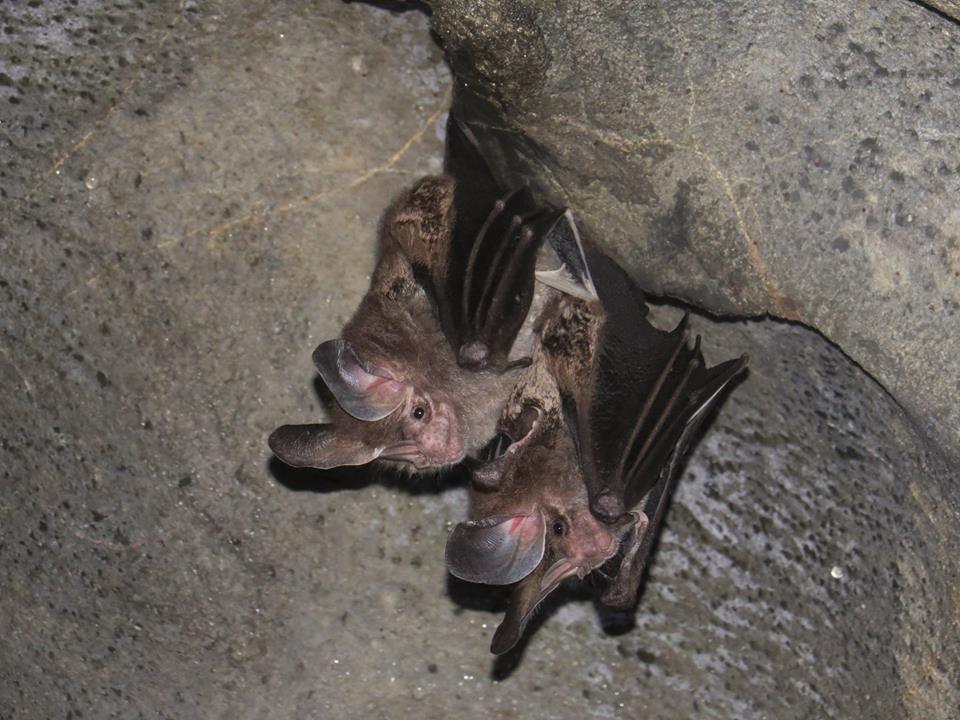PhD dissertation of UFPR helps to understand rabies transmitted by bats in Curitiba city and Parana State
The biologist Juliano Ribeiro, who defended his phD dissertation by the Graduate Program in Cell and Molecular Biology at UFPR on April 22nd 2019, analyzed the data of the bats referred for the diagnosis of rabies in Curitiba, where he acted as coordinator of the Unit (UVZ) for almost 10 years, and observed that non-hematophagous bats (insectivores), common in the center of the city of Curitiba and belonging to the Molossidae family, were arguably the maintainers of the circulation of the rabies virus in the city’s air cycle (BMC Vet Res,, v.14, n.1, 2018). Mr. Ribeiro noticed that, mainly in the central area of ​​the city, this family of insectivorous bats probably found more insects attracted by artificial lights, inhabiting man-made shelters made by humans with dilatation cracks of old buildings.
Mr. Ribeiro is the current Municipal Secretary of Environment of Piraquara (Parana Satete, Brazil), made available by the Municipal Health Secretariat (SMS) of Curitiba for the function, had already reported the first case of rabies in a cat in Curitiba city after 29 years without the disease in these species (Rev Soc Bras Med Trop, v.45, n.2, 2012). “As cats are always hunters and curious, bats on the ground in the light of day can be the satisfaction of these two instincts,” says Juliano. The case of the cat diagnosed with rabies in Curitiba happened in 2010, where rabies virus was molecularly typified as variant 4, compatible with insectivorous bats, proving the great possibility of spillover of the rabies virus for companion animals and human beings.
The biologist also noted that important data were collected by the Agricultural Defense Agency of Paraná (ADAPAR) for the State of Parana, but also very little explored epidemiologically, although well diagnosed serologically and molecularly. The data collected by ADAPAR, related to the State of Paraná, which is still endemic for rabies in herbivores, showed a tendency in the reduction of the number of rabies cases in herbivores, also showing that the identification of natural shelters (caves, crevices, , grotto, hollow tree) of hematophagous bats was statistically and directly involved with cases of rabies in herbivores. Where the relief provided a favorable shelter condition (as in the Devonian escarpment) and the rivers offered water to the blood-sucking bats, geographically overlapping the breeding of production animals, historical epizootic of rabies in herbivores was also spatially encountered.
Mr. Ribeiro takes this experience to the Piraquara Department of the Environment, believing that the dissertation has demonstrated the importance of keeping professionals of the official bodies in constant training and research, because according to him, there is a lot of information from municipal, state and federal agencies which need to be organized, analyzed and discussed, deserving to be made public to serve as support not only for the scientific community, but also for other government agencies, promoting and increasing new strategies and actions.
Graduate Program in Cell and Molecular Biology of UFPR develops several basic and applied research projects involving several lines of research such as molecular biology of pathogens, cellular processes, cell toxicology and chronobiology.

Figure 01. Inspection at a residence after the owner’s request, showing a non-hematophagous bat in the middle of two domestic cats, in the carpet of one of the rooms. (Photo: Juliano Ribeiro).

Figure 02. Hematophagous bat (Desmodus rotundus) found in a cave in the metropolitan region of Curitiba, also as part of the doctoral studies. (Photo: Juliano Ribeiro).

Figure 03. Insetivorous bat (Molossidae family) found in a cave in the metropolitan region of Curitiba, also as part of doctoral studies. (Photo: Juliano Ribeiro).

